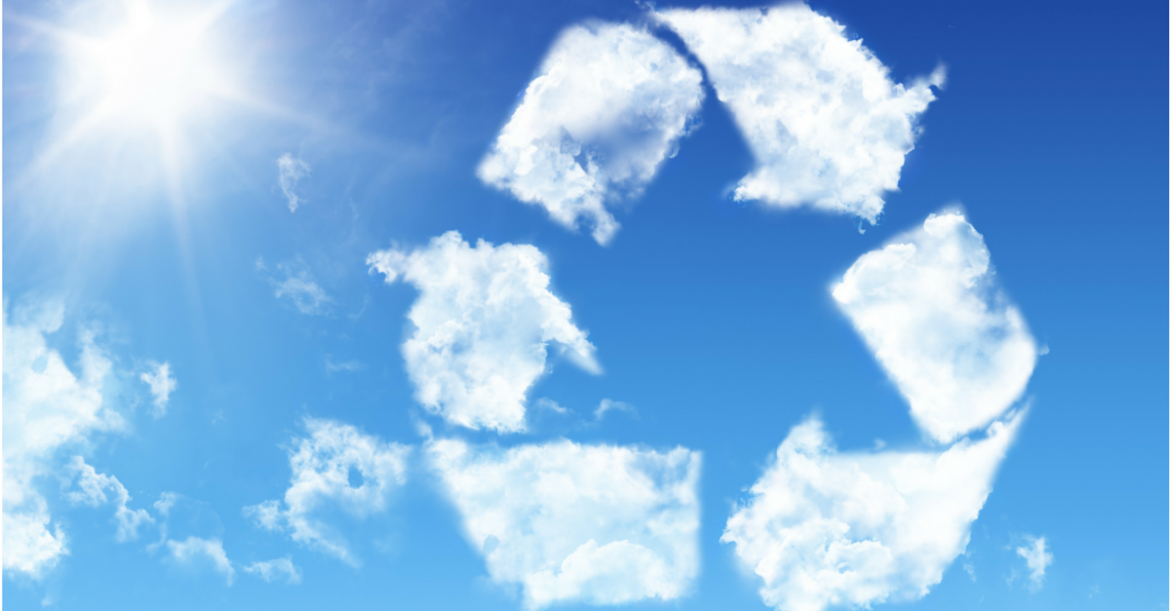Recycle labeling has just been taken up a notch. In an article posted by Lisa McTigue Pierce written by Michael Garry in the Feb. 28, 2012 issue of Packaging Digest, a packaging industry magazine, he notes that as of June of this year, Costco warehouse stores will carry products that will have a new recycling label on cans, bottles, bags, overwrap and boxes.
A number of companies have piloted this label test of the Packaging Recovery Label System in order to eventually set an industry standard on how to communicate to the consumer the degree of recyclability of product packaging. This was initiated by the Sustainable Packaging Coalition (SPC) which is a division of the sustainability nonprofit GreenBlue, based in Charlottesville, VA.
According to Mr. Garry, there are a number of retail outlets that are members of SPC including Costco, Target and consumer companies such as Seventh Generation, Campbell Soup, Kraft Foods, Procter & Gamble, General Mills and Unilever.
The labels identify three different levels of national access to recycling: widely recycled (60% or greater access to recycling), limited recycling (between 20% and 60% access) and not yet recycled (less than 20% access). There is also a 4th designation for film and overwraps that indicate they can be deposited in a store’s plastic bag recycling bin after cleaned and dried.
The labels can be recognized by the familiar chasing arrow triangle that is knows as the Mobius loop logo and identifies the packaging material, paper, plastic, etc. and the packaging component, like a box. “A diagonal cross across the logo is employed for the not-yet-recycled label, while the verbiage ‘check locally’ and ‘not recycled in all communities’ is used in the limited recycling label.” Mr. Garry further notes that this system follows the Federal Trade Commission’s “Green Guides” and is based on the On-Pack Recycling Label system adopted in the U.K.
To further help consumers, one can go to www.how2recycle.info to find additional information and identify local recycling services
As more companies test the symbol, the ultimate goal is to form a true standard recycling identification system and do away with false recycling claims that are not accepted by many communities.
 Food
Food Farmers
Farmers Sustainable Living
Sustainable Living Living Planet
Living Planet News
News